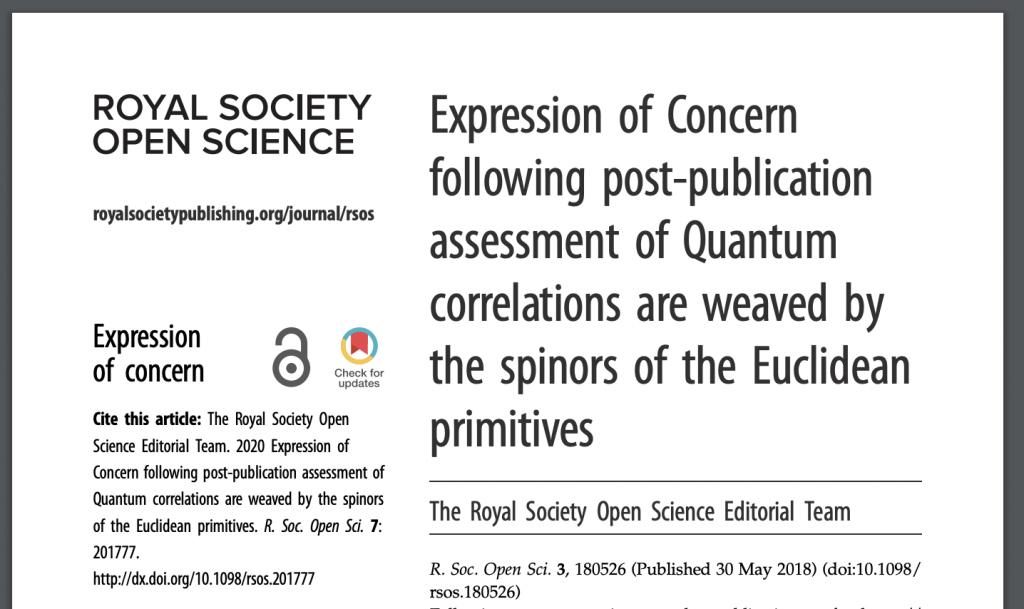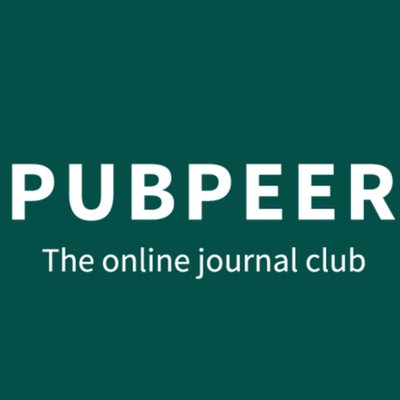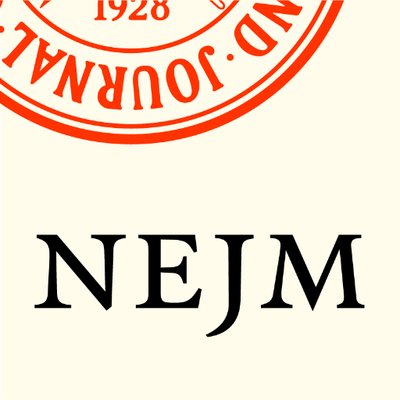
A journal has issued an expression of concern for a 2011 paper after recognizing that the researchers may have been using contaminated cell lines.
The article, “Downregulation of NIN/RPN12 binding protein inhibit [sic] the growth of human hepatocellular carcinoma cells,” appeared in Molecular Biology Reports, a Springer Nature title. In it, the authors, from China Medical University Shengjing Hospital, sought to find:
whether the suppression of Nob1 by short hairpin RNA (shRNA) inhibits the growth of human hepatocellular carcinoma (HCC) cells. Recombinant lentiviral shRNA expression vector carrying Nob1 was constructed and then infected into human HCC cell line SMMC-7721
Perhaps they did, and the paper has been cited 21 times, according to Clarivate Analytics’ Web of Science. However, experimental lines of SMMC-7721 cells are among the many cell lines known to have been contaminated by HeLa cells, named for Henrietta Lacks — highly proliferative cervical cancer cells that have overrun labs worldwide. So perhaps they didn’t.
As the EoC states:
Continue reading Apparent HeLa cell line mixup earns a paper an expression of concern







